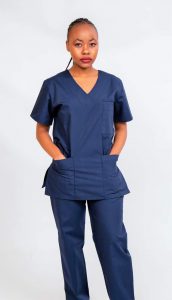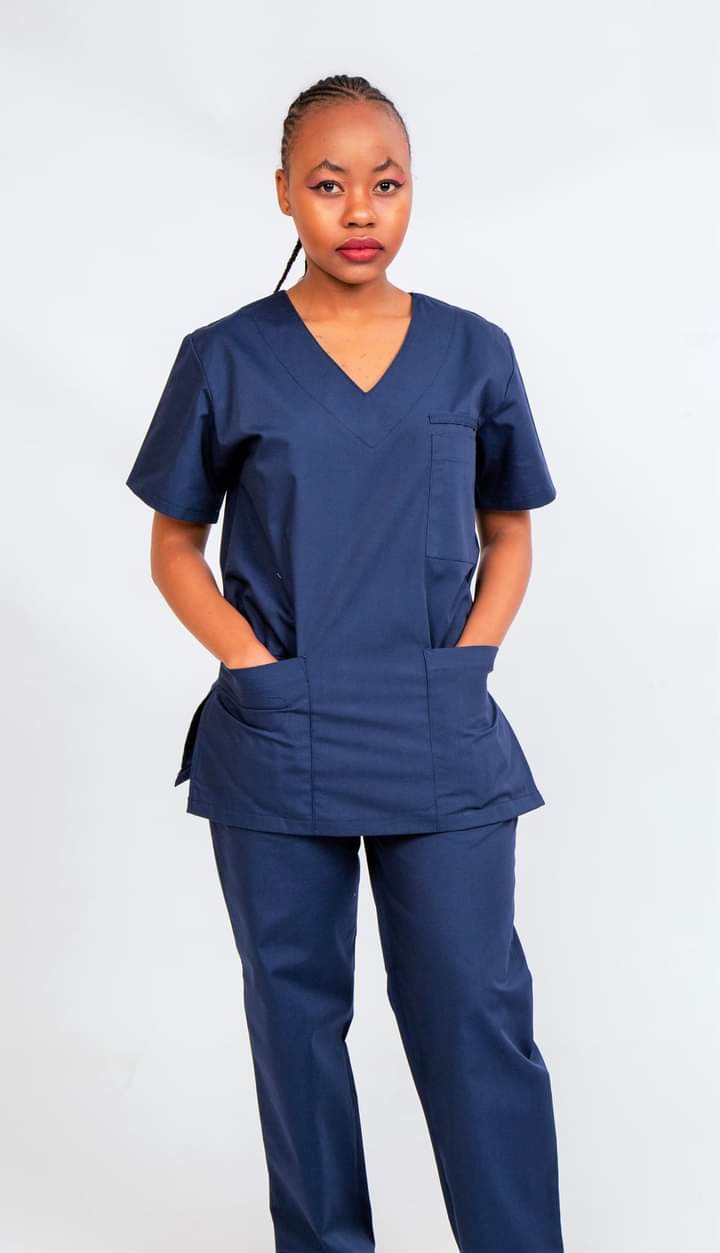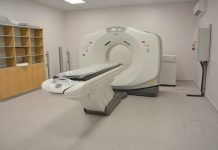Marketable Medical courses in Uganda
Below are some of the lucrative Medical courses in Uganda you should know…
THE MEDICAL PRACTIONER OR DOCTOR: No doubt, the medical profession is a noble one that requires a minimum entry qualification of a university degree awarded after a rigorous training and the assimilation of a large volume of knowledge for a minimum of 6 years usually without a break, very rigorous. Medicine is not that lucrative in Uganda compared to other African countries but doctors earn far more than other health are workers. It is easier for doctors to get jobs in Uganda than other health care providers

THE NURSE: The basic requirement for a nurse that works in the hospital is the RN or registered nurse certificate which he or she acquires after about 2-3 years of training in a nursing school. Academic nurses with university degrees (BSc Nursing) who teach in the nursing schools and universities exist today, but are hardly relevant to the practical day to day patients care in hospitals (though they are now infiltrating the hospitals).
The nurses as earlier mentioned help take care of patients by cleaning them up, administering drugs to them, wound dressing, taking vital signs and other such functions as directed by and under the supervision of the doctor. Experienced nurses can work without supervision in some cases.
Nursing is a very marketable medical course in Uganda as jobs readily available.
THE LABORATORY TECHNICIAN/TECHNOLOGIST / SCIENTIST: The basic requirement for working in a hospital laboratory ( Pathology Department) is a National Diploma (ND), in medical laboratory science or technology obtained in about two years in any government approved training institution. Higher qualifications like HND, or degrees are pursued by individuals to enhance their performance and remuneration.
They carry out tests requested by doctors on body fluid samples usually under the supervision of the Consultant Pathologist who is a specialist doctor in a tertiary hospital who also interprets the test results. Medical lab scientists or technologists are hot cakes in Uganda
THE RADIOGRAPHER: Gets his/her training from the school of radiography where he gets a diploma after 2 or 4 years as the case may be. He operates the X-ray machines to take X-rays for patients as requested and directed by the doctor, who also interprets the results – the specialist doctor in-charge here is the radiologist. With new developments, they also operate the CT and MRI machines still also under the radiologists who also interprete the results. Diagnostic Medicine like Radiography is highly sought after in Uganda and they get good pay.
THE PHARMACIST: Trains for about five years in the University to obtain a B. Pharm. The degree prepares him largely to work in the drug industry and his role in the hospitals entails stocking and dispensing drugs appropriately prescribed by the medical doctor.
In some climes they may do a bit more e.g. giving advise on drug interactions. They call the shot in the drug / pharmaceutical industry. Pharmacy is a very big and lucrative medical course in Uganda
THE MEDICAL RECORDS OFFICER: Obtains a diploma after 2 or 4 years relevant training in an approved institution and helps to keep and sort out patients’ files as necessary. A key part ofhe health sector and they are the big boys of record keeping in the hospital.
THE PLASTER TECHNICIAN: Helps the doctor to apply POP and other cast materials on patients as requested by the doctor. Most times he is trained directly on the job by the Orthopaedic surgeon and at other times gets a certificate after 6 months to 1 years practical training in a hospital such as the National Orthopaedic Hospitals and Makerere Teaching Hospital.
This article is the intellectual property of www.nimedhealth.com.ng























